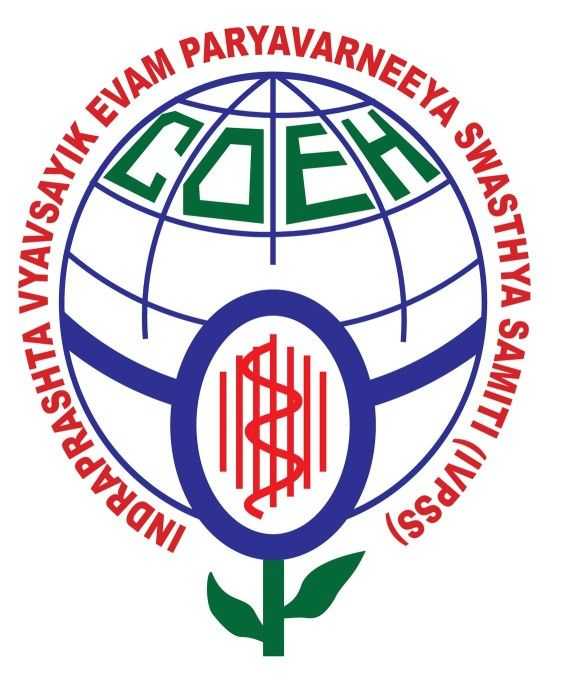

Training on Chemical Safety
Chemical Safety and Training Overview Over the past century, advancements in chemistry have brought significant convenience to industrial and consumer products. However, many of these innovations have led to adverse health and environmental effects due to unchecked production and limited regulation. Hazardous chemicals—such as PFAS, lead, and organophosphates—continue to pollute air, water, and soil, often without public awareness or product ingredient disclosure. As the demand for safer alternatives grows, current regulatory systems struggle to assess and manage the risks posed by the tens of thousands of chemicals in circulation. Innovative approaches—such as essential-use assessments and socio-economic impact analyses—are becoming critical for effective chemical safety governance. In workplaces, chemicals are commonly used, and many pose serious hazards when mishandled. Employers are responsible for evaluating risks, implementing safe handling practices, and ensuring proper training and safety measures. Key distinctions in chemical safety include understanding hazards (inherent properties of chemicals) vs. risks (likelihood and severity of harm during chemical operations). The International Labour Organization (ILO) has played a crucial role in promoting global chemical safety, having adopted over 50 legal instruments and supporting multiple conventions to safeguard workers, the public, and the environment. The ILO's collaborative efforts—such as the IOMC Toolbox and technical assistance programs—continue to drive progress in chemical safety training and awareness. To address global challenges, the ILO has developed comprehensive Chemical Safety Training Modules tailored for governments, workers, and employers. These modules cover: General chemical safety Environmental impacts of workplace chemicals Prevention and preparedness for major industrial accidents (MIAs) This training initiative is supported by the German Federal Ministry for the Environment and aims to strengthen global capacity for sound chemical management through knowledge sharing, technical guidance, and risk assessment frameworks.
Objectives
Describe how chemicals can enter the human body. Know the processes that occur when chemicals enter the body.
Name factors which impact the severity of health impacts.
Categorize the different types of harm chemicals can cause.
Understand the relationships between chemicals and various diseases.
Identify population groups that may be especially vulnerable to chemical exposures.
Training Modules
Day 1: Setting the Scene and Detailing the Challenge
Session 1: Introduction to chemical safety and health challenges
Session 2: Routes of chemical exposure and health impacts
Session 3: State of the evidence - Results from the ILO Global Chemicals Review
Session 4: Chemical hazards in the mining and agricultural sectors
Session 5: Personal Protective Equipment - Senior Safety Official from an Industry
Session 6: Case reports and incidents - Practical learning
Case 1: Chemical Exposure and Lungs
Case 2: Chemical Poisoning in Medical Setting
Day 2: Responding to Chemical Risks - Preventative Measures at Different Stages
Session 7: Chemical exposures in the workplace - Preventative measures at the policy level
Session 8: ILO international labour standards relating to chemical safety
Session 9: Mechanisms of toxicity and body’s response - Biochemical underpinnings
Session 10: Spotlight on the Globally Harmonized System - Mandate, labeling and storage, SDS
Session 11: International Chemical Safety Cards (ICSCs)
Session 12: Preventative measures for key chemical hazards
Session 13: Case reports and incidents - Practical learning
Case 1: Chemical poisoning in an apparel factory
Case 2: Product safety - Air fresheners